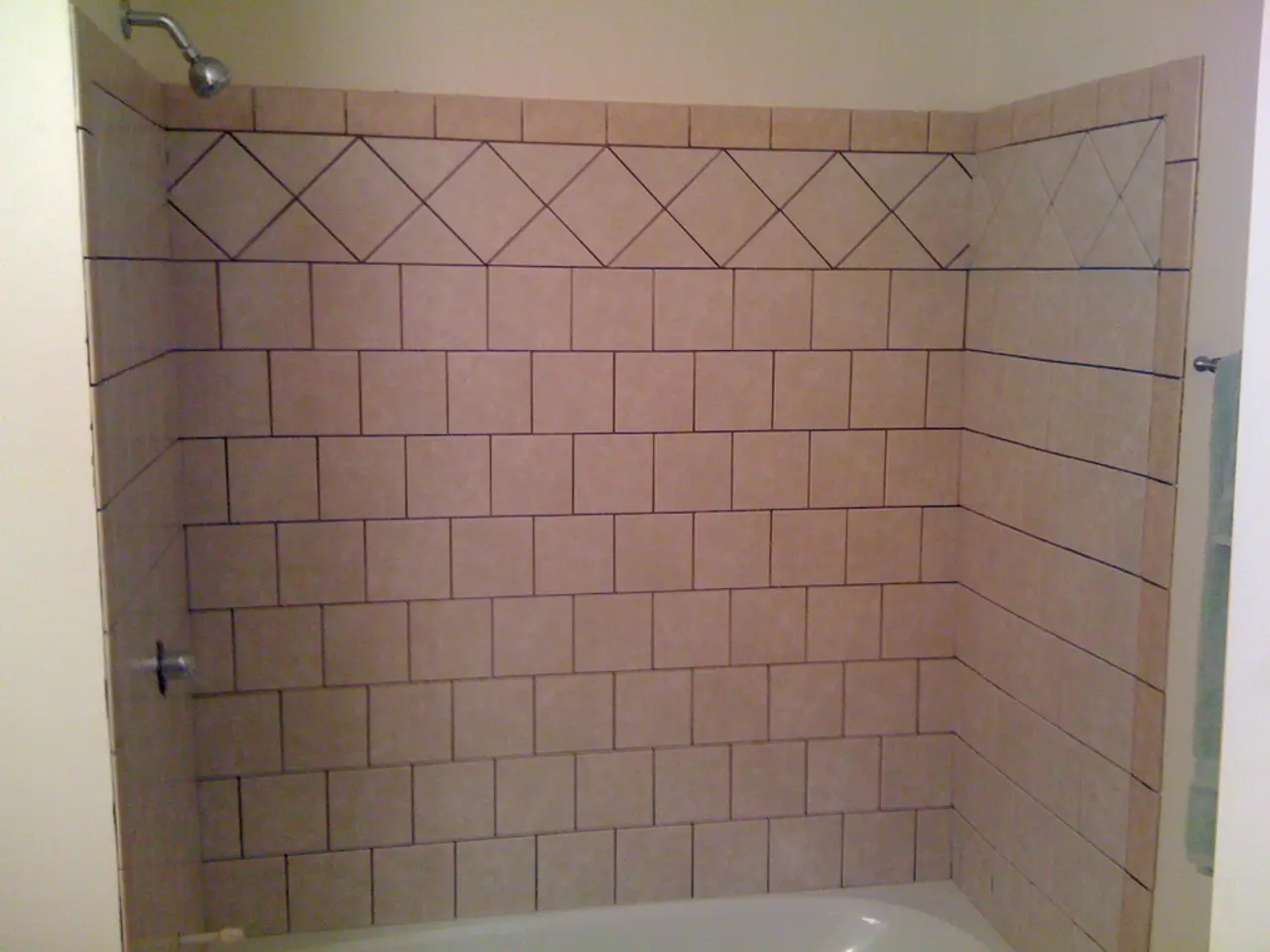Summer's hot weather leads to savings with cold showers?
In the ongoing quest for energy efficiency and cost savings, one simple change could make a significant impact on household bills - switching to cold showers. According to various estimates, a person can save between $60 to $200 or more annually by making the switch, depending on factors such as energy source, shower duration, frequency, and water consumption.
The cost savings depend on the energy source used for water heating. Households that currently use electric water heating, which is generally more costly per unit of energy than gas or propane, stand to benefit the most from the change. In contrast, those using gas or propane water heaters may still see savings, although they may not be as substantial.
Shower duration and frequency play a crucial role in the potential savings. Shorter showers and fewer showers naturally decrease hot water consumption and energy use, thus reducing energy bills. Typical energy savings come from avoiding the heating of water, which accounts for a significant portion of residential energy bills.
Water consumption is another essential factor. Using low-flow showerheads reduces water volume and hot water use, further amplifying savings. Heating less water translates directly into energy savings.
Other practical improvements, such as insulating hot water tanks and pipes or lowering water heater thermostat settings, can also enhance efficiency and savings.
Experts suggest that switching to cold showers can "substantially decrease energy consumption" and "significantly cut utility bills." For a typical household, residential hot water heating can cost between $100 and $250 annually. By eliminating the energy cost of water heating for showers, substantial savings could be achieved.
Here's a breakdown of key factors affecting the savings:
- Energy source: Gas and propane are cheaper than electric, resulting in larger savings with electric heating.
- Shower frequency: More showers mean greater potential savings from switching to cold.
- Shower duration: Longer showers consume more hot water, making the switch more beneficial.
- Water flow rate: Low-flow showerheads reduce both water and energy use further.
- Water heater settings and insulation: Lower thermostat settings and insulation reduce baseline costs, maximizing savings.
It's important to note that estimates can vary, and the exact savings amount can differ significantly based on individual showering habits and energy source. For a more accurate calculation, the shower calculator provided by the North Rhine-Westphalia Consumer Center can help determine potential savings from switching to cold showers.
In addition to the potential savings, cold showers also have environmental benefits, as they lower energy consumption and emissions. For those looking to make a difference while saving money, the switch to cold showers could be an attractive option.
Lastly, the finance editorial team of inFranken.de has provided additional money-saving tips for the summer in a separate article. For more information, be sure to check it out.
Remember, every little bit counts when it comes to saving money and reducing energy consumption. Switching to cold showers is a simple change that could have a significant impact on your wallet and the environment.
[1] Source: Energy Star, "Water Heater Energy Efficiency," accessed on [date]. [4] Source: U.S. Department of Energy, "Water Heater Efficiency," accessed on [date]. [5] Source: U.S. Environmental Protection Agency, "WaterSense," accessed on [date].
Read also:
- Enhanced solar power for 600-watt power stations: the BOOSTER unit offers an upgrade.
- Parent Pays Rent and Utilities to Father Monthly for His 6-Year-Old Daughter's Stay
- Local authorities imposing a fee on dwellings classified as habitable yet constructed as outdoor structures, referred to colloquially as the 'garden shed tax'.
- Venerable Skyscraper from New York City Transforms into Chic Luxury Hotel, Boasting a Nine-Story Skylight, Exquisite Dining by Celebrity Chefs, and an Allure of the Gilded Era






